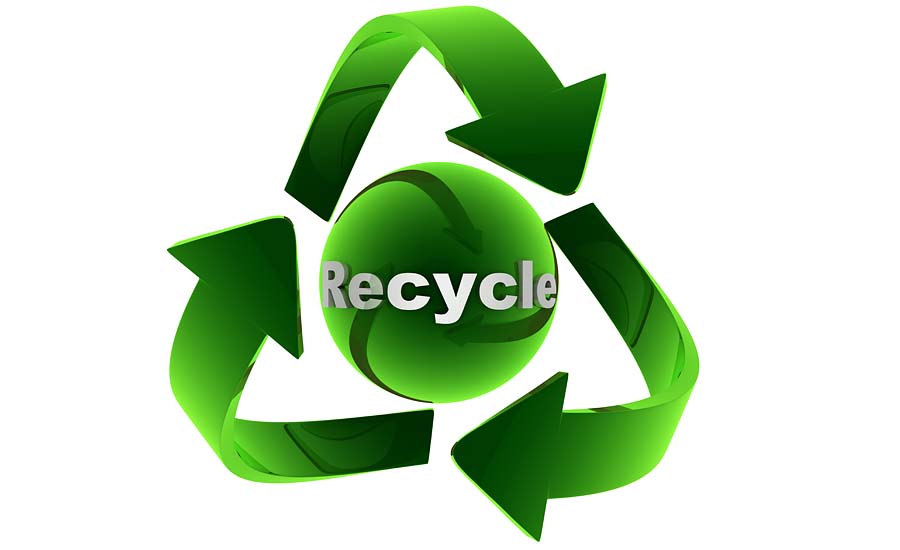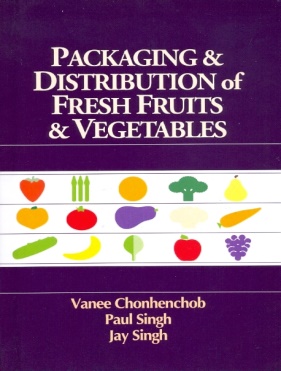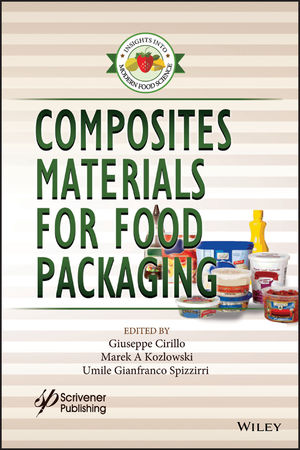The responsible packaging shoppers (RPS) are emerging as a trend-setting segment of shoppers, according to a report based on data from the annual EcoFocus Trend Study, which forecasts key trends that will shape the U.S. food and beverage industries in the year ahead. Now in its ninth year, the EcoFocus Trend Study, produced by Evergreen Packaging, Memphis, Tenn., examines how consumer attitudes, actions, preferences and values are reshaping grocery purchasing decisions.
“The critical takeaway from the latest study and report is that there is a growing consumer group that is consciously making their purchasing decision based on packaging material, its perceived recyclability and corporate commitments to sustainability. Through our work with EcoFocus Worldwide, we are able to help our customers stay ahead of the most important trends and to make decisions based not only on the customer of today, but the customer of tomorrow as well,” says DeWitt Clark, vice president of sales and marketing North American packaging. “Without a doubt, the consumer expectations we are seeing now will have a lasting impact on the shopping experience and the packaging expectations for many years to come. It is vital information for any leader in food and beverage sales at the grocery level.”
Of the general grocery shopper population in 2018, RSPs now make up 59%, which has grown 16 percentage points from 43% since 2013.
For this group of shoppers, recyclable and renewable are the cornerstones for responsible packaging. The importance of packaging becomes even more prevalent when buying healthy foods and beverages. PRS want packaging that aligns with perceptions of the contents—healthy packaging for healthy foods and beverages and recyclable packaging for natural and organics.
Beyond the benefits of renewable and recyclable, RPS believe the packaging should protect freshness without preservatives, and protect the product from light to protect taste and nutrients. RPS also consider the environmental impact of packaging when buying products.
The perceptions about responsible packaging among the RPS consumer segment extend all the way up the ladder to the corporation itself. Corporate commitments to only using packaging that is recyclable or made with recycled or renewable materials positively influence choices for RPS. Commitments to plant-based packaging are influential for most of the RPS segment. This growing segment is 31% more likely than grocery shoppers overall to consider the recyclable label important when shopping.
More than three out of four RPS have already made changes in what they buy to reduce exposure to chemicals from food and beverage packaging. More than six in 10 have concerns about the safety of plastic and Bisphenol A (BPA) in food and beverage packaging. RPS want to learn more about plant-based food and beverage packaging and plastic-free aisles in supermarkets.
“The study clearly shows that the audience of shoppers who cares about responsibly packaged products is growing and evolving in their expectations. These Responsible Packaging Shoppers are linking the product and the package as having a combined influence on their product and brand perceptions and ultimately on their purchasing decision,” says Linda Gilbert, study author and chief executive officer of EcoFocus Worldwide. “This is an opportunity for food and beverage brands and for grocery store brands alike – the package matters.”








